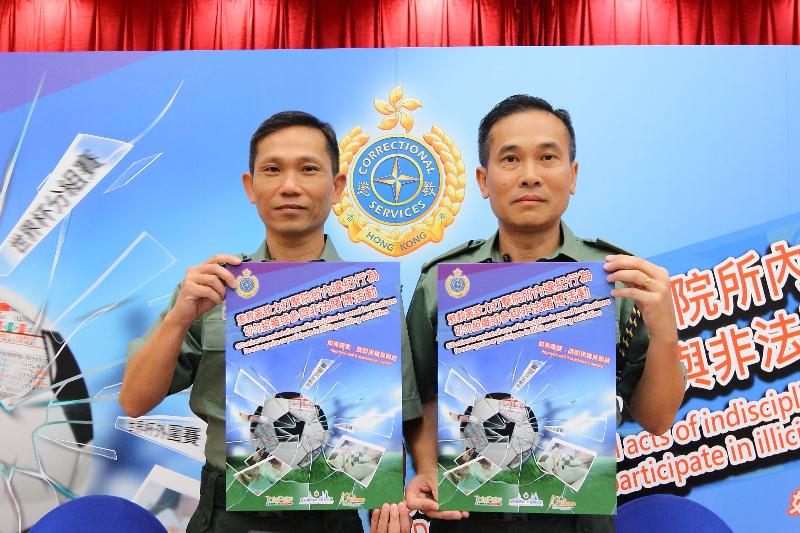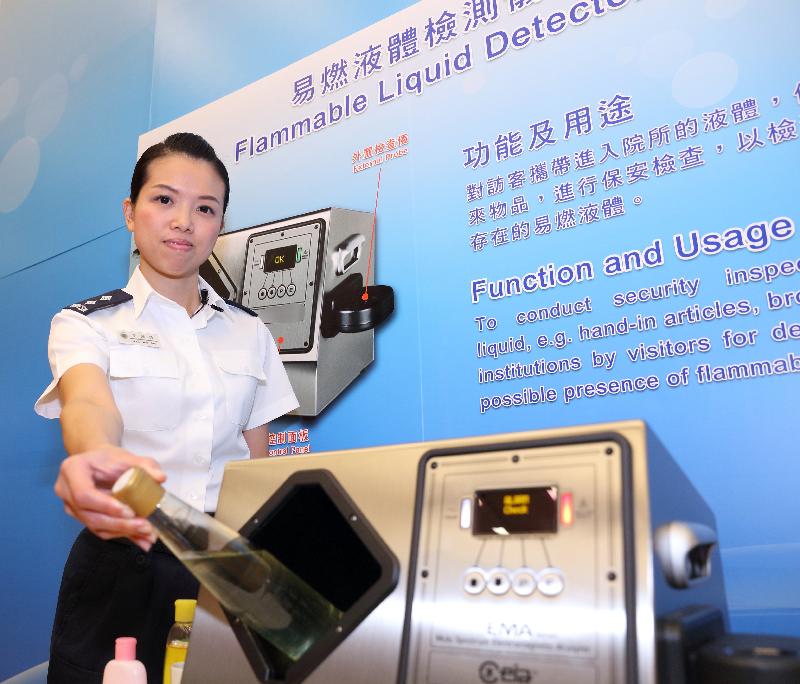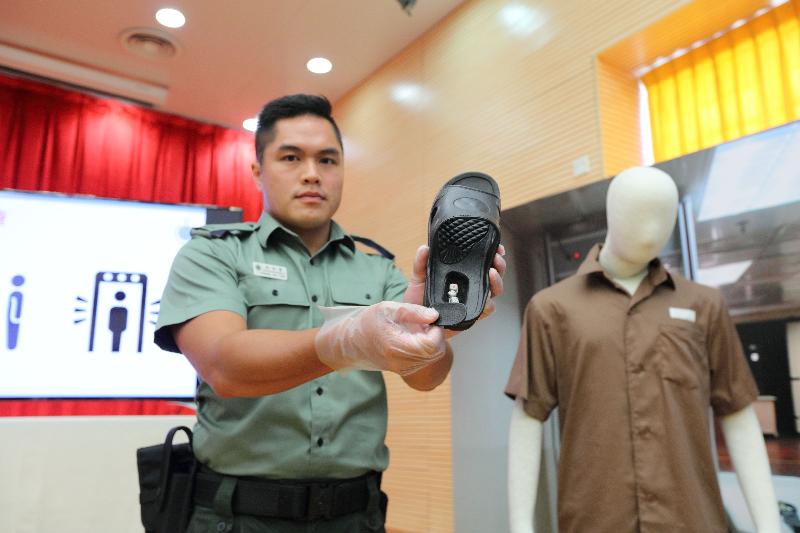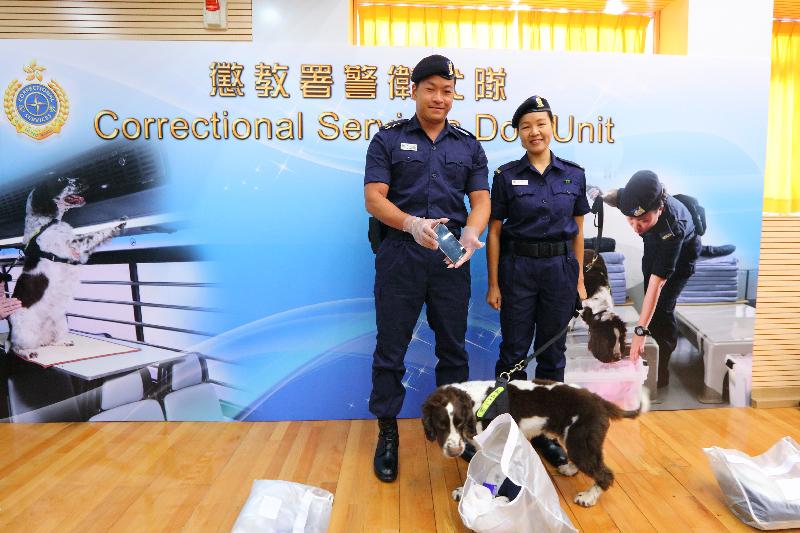Construction output for first quarter of 2018
The total gross value of construction works performed by main contractors in the first quarter of 2018 increased by 12.1% in nominal terms over a year earlier to $65.9 billion, according to the provisional results of the Quarterly Survey of Construction Output released today (June 11) by the Census and Statistics Department (C&SD).
After discounting the effect of price changes, the provisional results showed that the total gross value of construction works performed by main contractors increased by 7.4% in real terms over the same period.
Gross value of construction works in real terms is derived by deflating the corresponding nominal value with an appropriate price index to the price level in the base period of 2000.
Analysed by type of construction works, the gross value of construction works performed at private sector sites totalled $19.8 billion in the first quarter of 2018, up by 8.9% in nominal terms over a year earlier. In real terms, it increased by 7.5%.
The gross value of construction works performed at public sector sites increased by 13.3% in nominal terms over a year earlier to $23.4 billion in the first quarter of 2018. In real terms, it increased by 8.1%.
The gross value of construction works performed by main contractors at locations other than construction sites amounted to $22.7 billion in the first quarter of 2018, up by 13.8% in nominal terms compared with a year earlier. In real terms, it increased by 6.6%. Construction works at locations other than construction sites included minor new construction activities and decoration, repair and maintenance for buildings; and electrical equipment installation and maintenance works at locations other than construction sites.
Analysed by major end-use group, the gross value of construction works performed at construction sites in respect of residential buildings projects amounted to $17.9 billion in the first quarter of 2018, up by 16.2% in nominal terms over a year earlier. Over the same period, the gross value of construction works performed at construction sites in respect of transport projects up by 5.1% in nominal terms to $12.8 billion in the first quarter of 2018.
On a seasonally adjusted quarter-to-quarter basis, the gross value of construction works performed by main contractors increased by 5.3% in nominal terms and increased by 3.5% in real terms in the first quarter of 2018 compared with the fourth quarter of 2017.
Table 1 shows the provisional figures on the gross value of construction works performed by main contractors in the first quarter of 2018. Tables 2 and 3 show the revised figures for the whole year of 2017 and the fourth quarter of 2017 respectively.
Owing to the widespread sub-contracting practices in the construction industry, a construction establishment can be a main contractor for one contract and a sub-contractor for another contract at the same time. The gross value of construction works performed by main contractors covers only those projects in which the construction establishment takes the role of a main contractor, but not projects in which it takes only the role of a sub-contractor. However, sub-contractors' contribution to projects should have been included in the gross value of construction works performed by main contractors for whom they worked.
The classification of construction establishments follows the Hong Kong Standard Industrial Classification Version 2.0, which is used in various economic surveys for classifying economic units into different industry classes.
More detailed statistics are given in "Report on the Quarterly Survey of Construction Output, 1st Quarter 2018". Users can download this publication free of charge at the website of the C&SD (www.censtatd.gov.hk/hkstat/sub/sp330.jsp?productCode=B1090002).
For enquiries about the survey results, please contact the Construction and Miscellaneous Services Statistics Section of the C&SD (Tel: 3903 6965 or email: building@censtatd.gov.hk).



